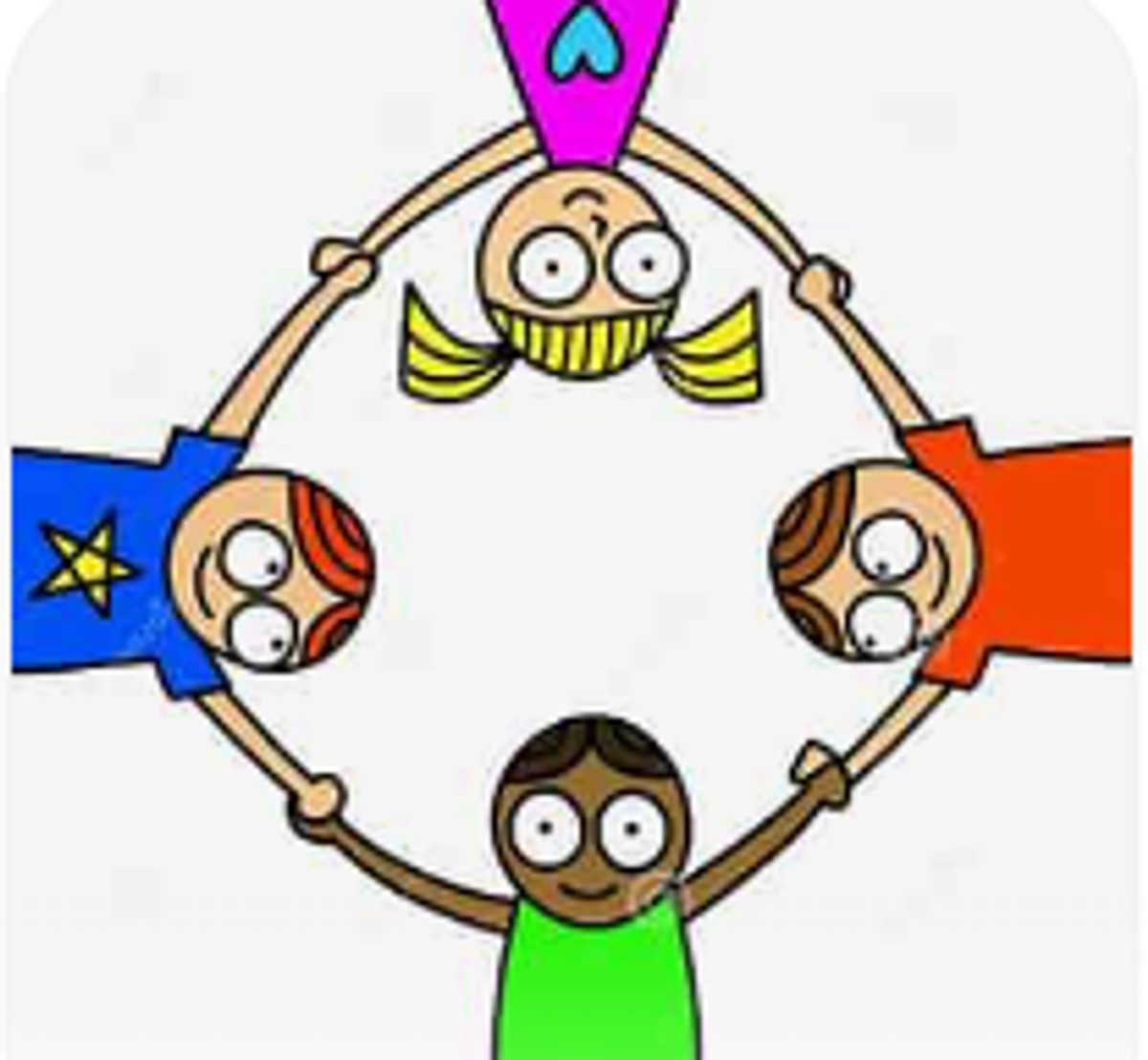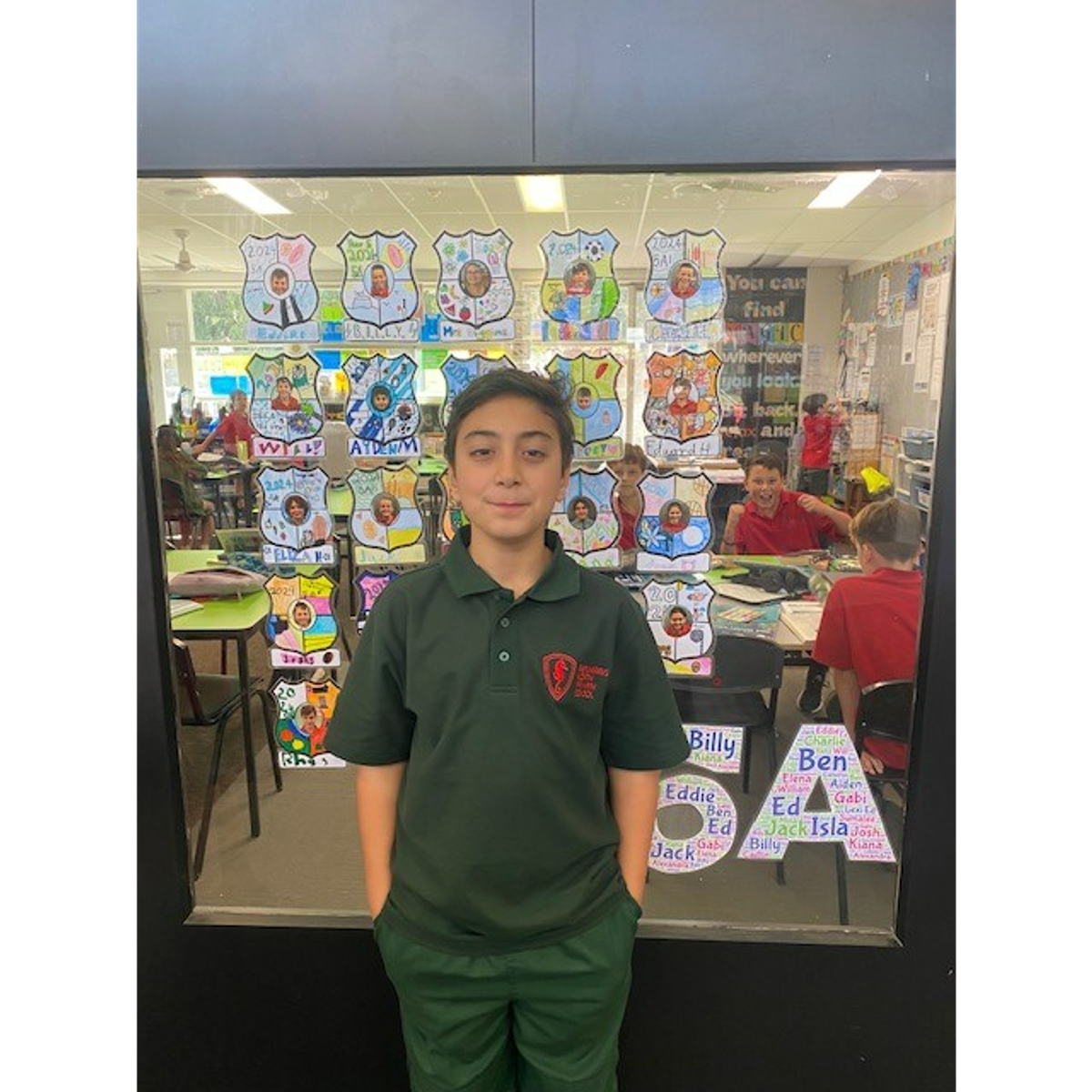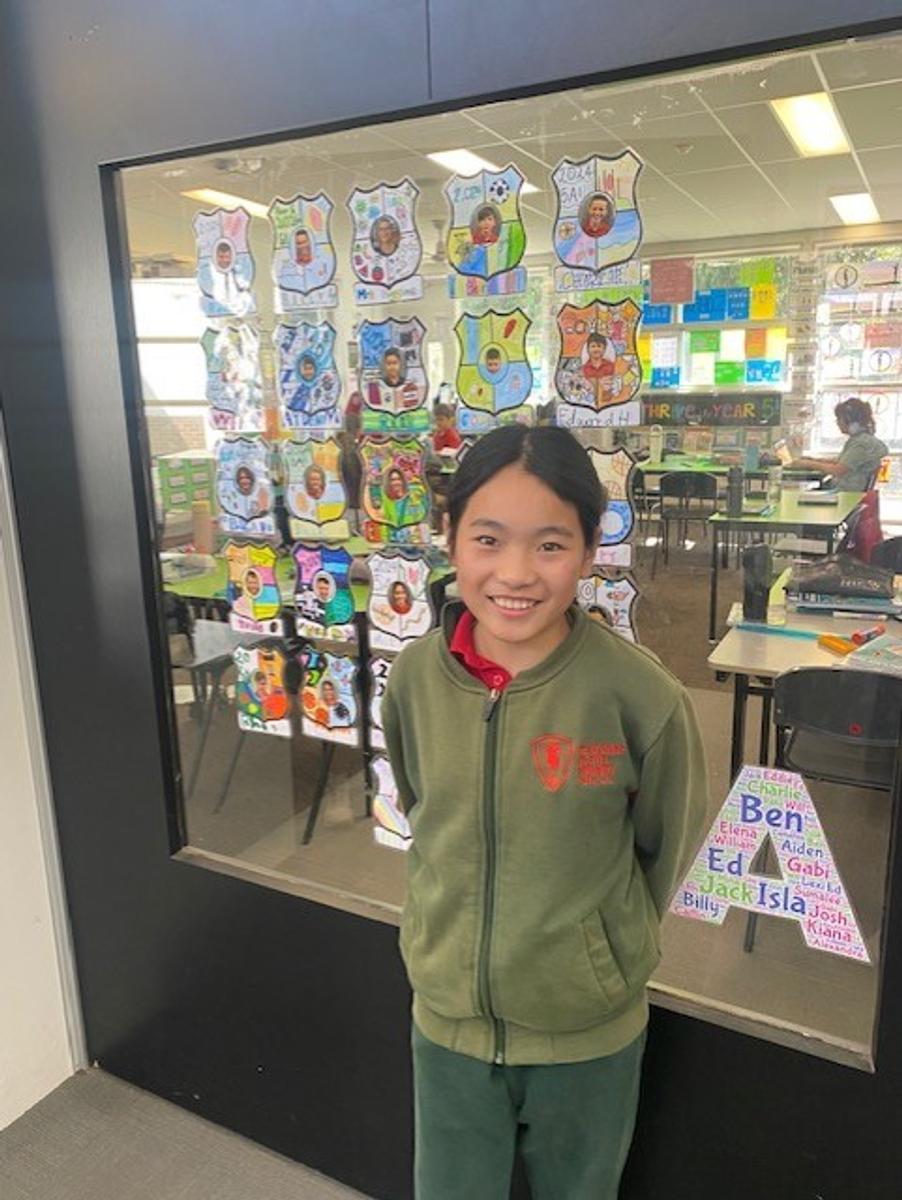PYP

Learner Profile Spotlight
Embracing Open-Mindedness Embracing Open-Mindedness
This month of September, our focus has been on the Learner Profile Attribute of Open-Minded both at home and at school. Being open-minded means appreciating our own cultures and histories, while also respecting and valuing the diverse traditions and viewpoints of others. It involves seeking out and evaluating a range of perspectives with an open heart and mind.
The Power of Perspective: Understanding Open-Mindedness
Open-minded students are those who actively listen to and consider the viewpoints of others. They celebrate differences and enjoy learning about what makes each of us unique.
Tips for Nurturing an Open Mind child: Practical Ways to Encourage Openness
Cultural Celebrations: Engaging in and learning about various cultural celebrations can be a fun way for students to appreciate the richness of different cultures around the world.
New Experiences: Encourage your child to try new activities, games, and foods. Exploring new experiences helps build openness to different ideas and ways of life.
Problem-Solving with Examples: Use real-life examples to show that there can be multiple solutions to a problem. This encourages students to consider different approaches and perspectives.
Discuss World Events: Talk about current events and global issues with your child. This helps them understand and empathise with the challenges faced by people in different parts of the world.
Explore Literature and Arts: Expose your child to diverse literature and visual arts from various countries. This helps them gain insights into different cultural perspectives.
Team Spirit: How being Open-Minded can Enhances Collaboration
Open-minded students are often more effective team players and collaborators. They build trust more easily and are receptive to constructive feedback. Open-minded individuals are typically better at working with others and adapting to new ideas.
Voices of the Future: What Our Students Say About Open-Mindedness
To bring this attribute to life, we asked some of our Year 5 students to share their thoughts and personal experiences on what it means to be Open-Minded.
What does open-minded mean to you?
Aiden
'Being open-minded means being aware of my surroundings and considering different ideas and perspectives.'
Mina
'It means contributing and listening to everyone’s ideas and trying to make solutions better.'
Finn
'It means having an open mindset and not getting discouraged if someone says something negative or they have a different idea. No one ever became famous without facing criticism.'
Can you describe a time when you demonstrated being open-minded at school?
Aiden: 'I’ve been open-minded in many situations. For example, when playing games, we often need to make decisions together. If someone suggests adding a new rule or changing something, we discuss it and incorporate it if it improves the game. The same goes for soccer; after multiple discussions, we agreed on half of the rules.'
Mina: 'Outside of school, my friends and I play tag, but I don’t like being ‘it.’ They made a rule so I wouldn’t have to be ‘it,’ which was really nice of them because they were considerate of my feelings.'
Finn: 'Being open-minded means recognising that others have ideas too. We need to consider other people’s ideas and not feel discouraged if our ideas are not always chosen.'
How do you think being open-minded will benefit you as an adult?
Finn: 'In a job or office environment, being open-minded is crucial. It’s important for working well in a team. If you’re open-minded, you won’t be seen as someone who doesn’t want to share ideas.'
Aiden: 'Being open-minded would be useful in any team because you can cooperate better with others. If you’re the leader of a team, being open-minded will make your coworkers respect you and work well together.'
Mina:'Being open-minded is very important in the workplace. It helps in collaborating on ideas and understanding that the best solutions often come from combining everyone’s contributions.'







